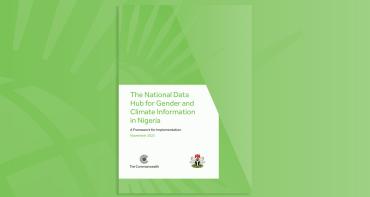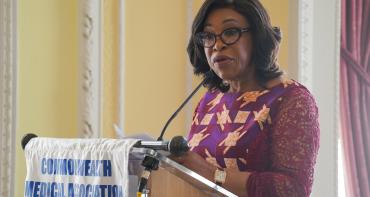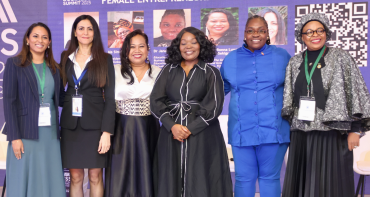Spouses and partners of Commonwealth Heads of Government have pledged to champion advocacy and action on eliminating cervical cancer in their countries.
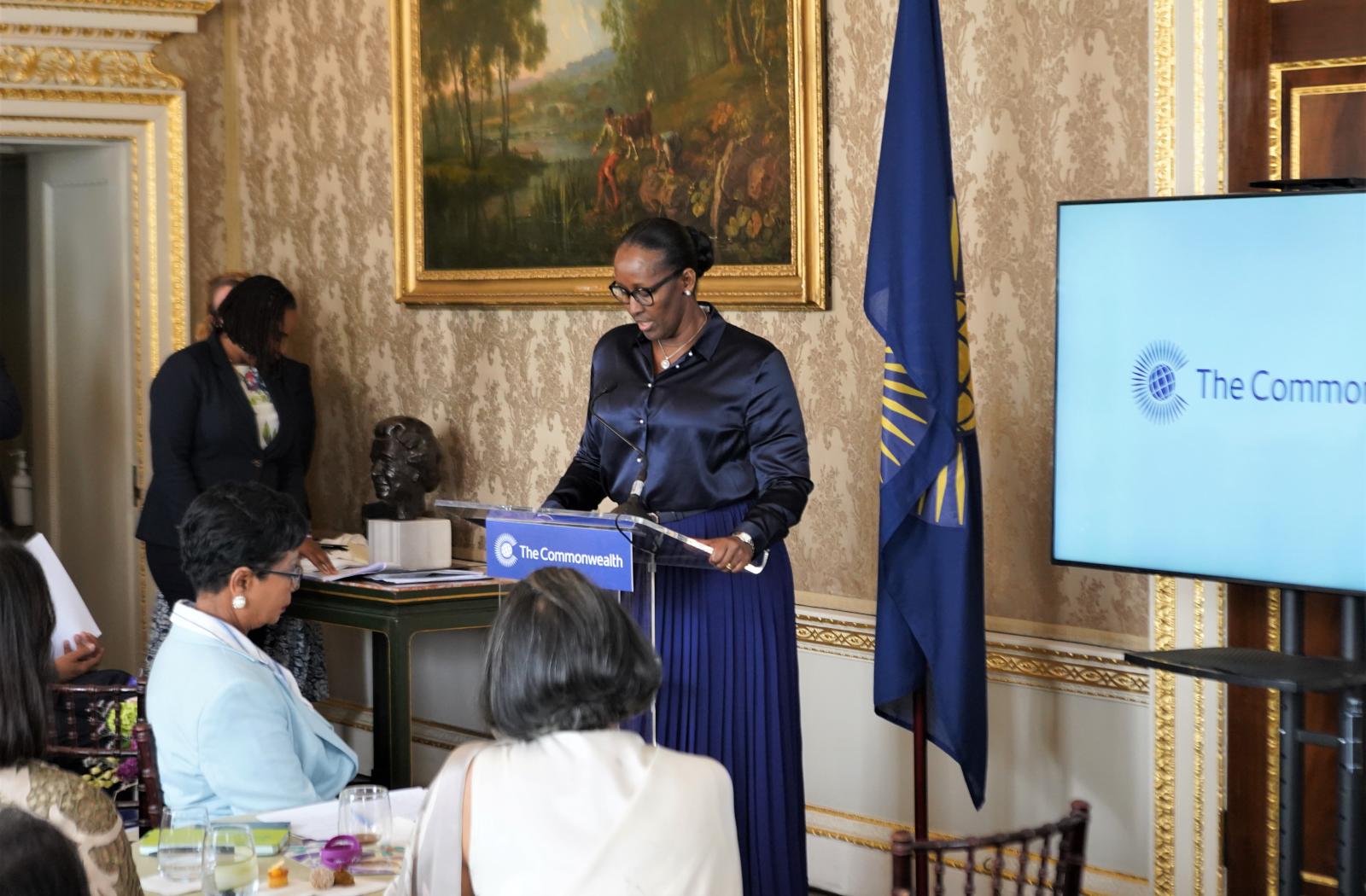
The pledge was made at a gathering of spouses and partners, as well as other invited guests, on the sidelines of a meeting of Commonwealth Leaders on 5 May 2023 at the Commonwealth Secretariat’s headquarters in London.
Hosted by the Commonwealth Secretariat, the gathering focused on the action needed to accelerate the elimination of cervical cancer and tackle challenges impeding progress towards this goal across the Commonwealth. It also offered spouses and partners an opportunity to discuss a coordinated approach to eliminating the disease.
Addressing the gathering, Rwanda’s First Lady H.E. Jeannette Kagame underscored the close link between cervical cancer and health disparities.
She said:
“How would we explain to future generations that the disparities were unbeatable when we all share the great values of the Commonwealth for the betterment of our communities? Solidarity, Community, Common [and] Wealth, must and will prove themselves stronger than preventable diseases.”
H.E. Jeannette Kagame added: “The [World Health Organization’s] Global Cervical Cancer Elimination Strategy paves the way to a permanent resolution of this pressing issue. We can tackle the components to the prevalence of this disease in our countries, one by one.”
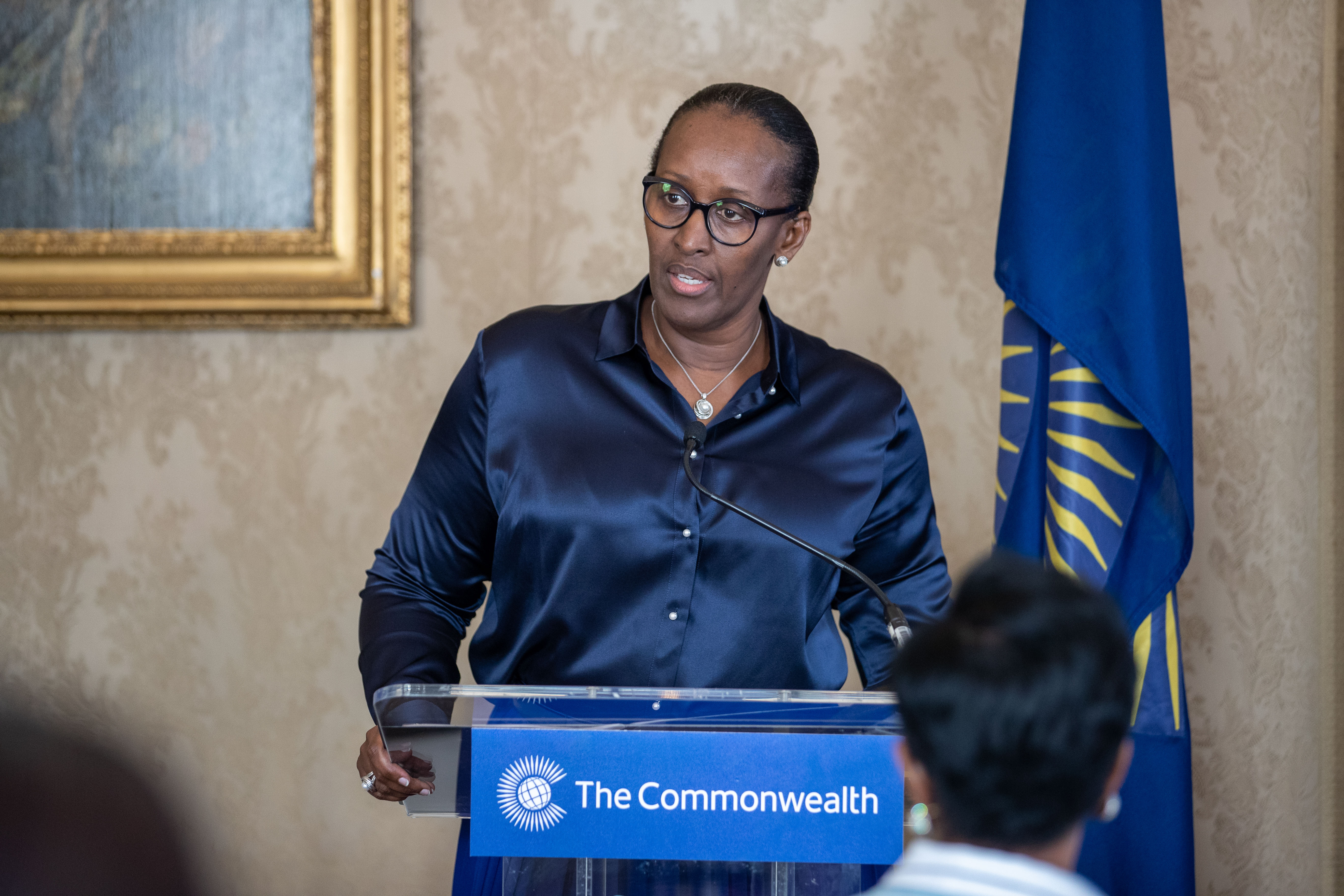
In her remarks, she highlighted the impact of Rwanda’s comprehensive cervical cancer programme and credited its success to the high number of women in decision-making roles in her country.
Globally, cervical cancer is the fourth most common cancer among women. Commonwealth countries are particularly affected by cervical cancer, accounting for 40 percent of global cases and 43 percent of related deaths, despite representing only 30 percent of the world’s population.
Without urgent action, research estimates that cervical cancer cases could increase by 55 percent and related deaths by 62 percent by 2030 in the Commonwealth. The figure is equivalent to one woman dying every three minutes by 2030, mostly in developing countries.
During the gathering, Commonwealth Deputy Secretary-General Arjoon Suddhoo emphasised that cervical cancer is highly preventable, yet 9 out of 10 women in low and middle-income countries die from it due to inadequate access to vaccines, screening, and treatment.
He said:
“This statistic is unacceptable and reflects the undeniable fact that cervical cancer is a disease of deep inequity and unfairness… Today’s gathering provides us with an opportunity to take stock of the progress made so far and explore the next steps for collective action to tackle this disease.”
Last year in Rwanda, Commonwealth Heads of Government committed to ensuring that all girls between 9 and 13 have access to the human papillomavirus vaccine by 2025. Doing so will save about 60 million lives.
To support countries with this commitment, at the gathering, Layne Robinson and Emily Gilmour from the Commonwealth Secretariat’s Social Policy Development Section, presented the Secretariat’s response, consisting of three pillars: research, advocacy and action.
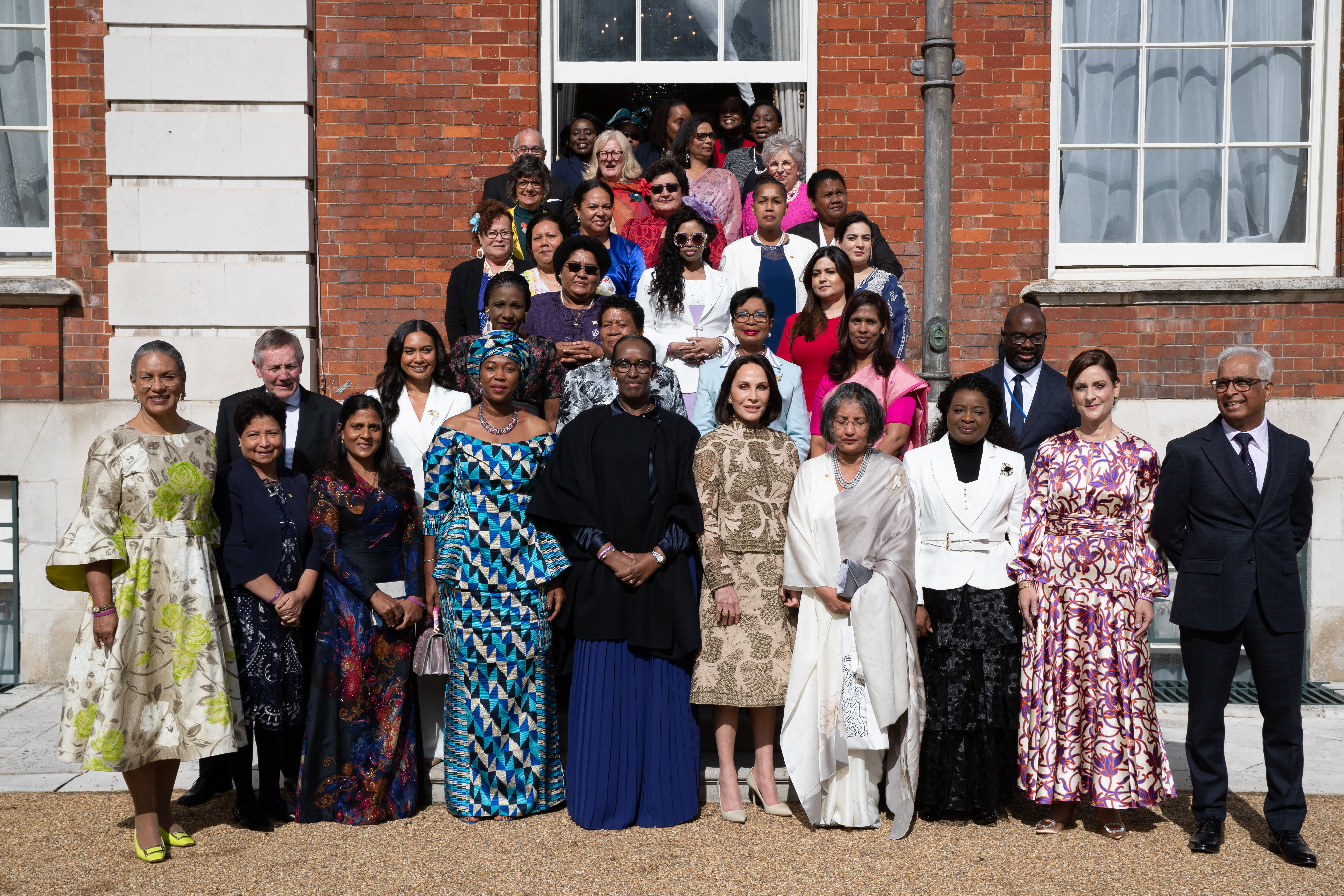
The research pillar focuses on strengthening data to understand the current landscape of cancer and enhance the quality of care in member countries through a series of initiatives, particularly the Commonwealth Lancet Commission.
Backed by research, the advocacy pillar mobilises political commitment and financing for advancing universal health coverage in countries to ensure all people can gain equal access to health services, including vaccines, screening and treatment, without financial hardship.
Alongside research and advocacy, the action pillar engages all sectors of society through a multi-stakeholder taskforce and a youth-led alliance to accelerate awareness, prevention and treatment efforts in line with the Cervical Cancer Elimination Strategy.
The gathering also included a discussion with the first ladies of three countries: H.E. Ann Marie Davis of the Bahamas, H.E. Sylvia Bongo Ondimba of Gabon and HE Prof Maithree Wickramasinghe of Sri Lanka.
They unpacked the importance of awareness campaigns in dismantling systemic barriers that prevent women from accessing healthcare services for cervical cancer.
Later this month, Commonwealth health ministers will meet in Geneva, ahead of the World Health Assembly, to explore strategies for achieving universal health coverage, including ways to improve access to cervical cancer screening and treatment tools.
The gathering builds on a luncheon in 2022 hosted by H.E. Jeannette Kagame and husband of the Commonwealth Secretary-General, Richard Mawhinney, during the Commonwealth Heads of Government Meeting in Rwanda, where spouses and partners committed to action on cervical cancer elimination.
About Commonwealth Health work
Media contact
- Snober Abbasi Senior Communications Officer, Communications Division, Commonwealth Secretariat
- T: +442077476168 | E-mail

